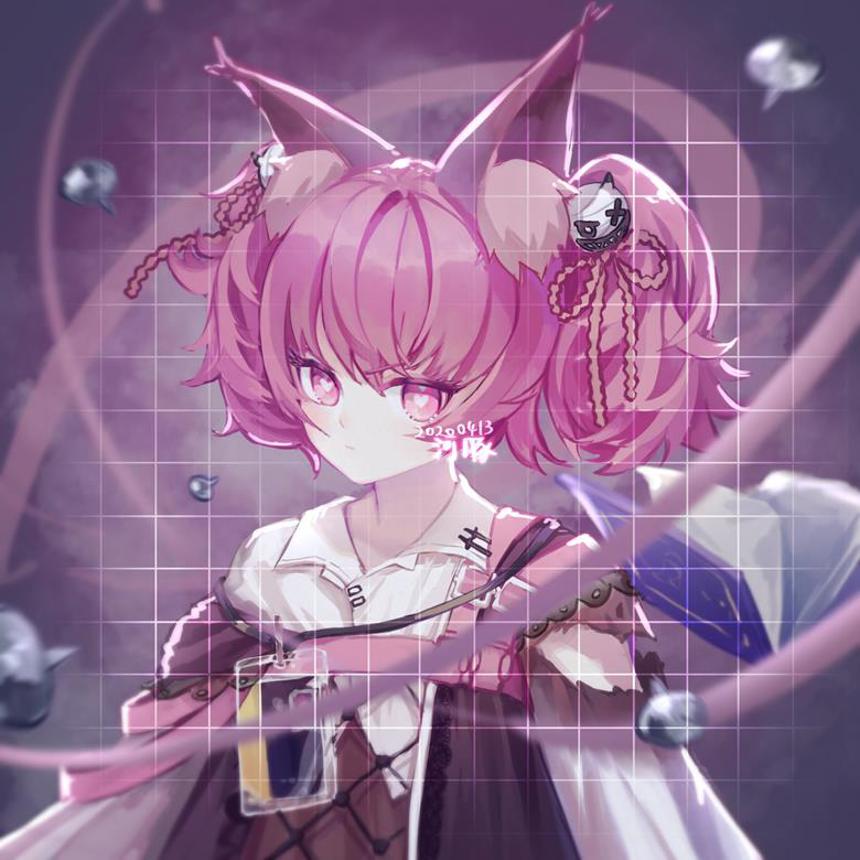Sticking to the innocence(3)
André Maurois, a distinguished French writer and a remarkable historian, wrote: "The Little Prince also contains a whole set of philosophical thoughts in a hint of poetic melancholy." "This children's book for adults is so full of symbolic meanings. These symbols look clear and obscure, hence they are particularly beautiful."
With the help of symbolism, Saint-Exupéry creates a poetic mood in The Little Prince, which not only criticizes the maladies of the times and lashes the evils of the world, but also shows the essence of life in a continuous stream of experience, trying to point out a way to the "ideal state" of human civilization, to the world of poetry and imagination.
Fully occupied in their own world, the grown-ups like to say "I am busy with matters of consequence" while they disregard something of no less consequence. The majority of them are the very antithesis of the little prince. Nonetheless, owing to a great many restrictions, we have no possibility of persevering in the poem and the distance all along. This dilemma cannot be transformed at will, and the paranoid meaningless criterion is not easy to get rid of. It is not a matter of empty talk to interweave the stuff of dreams into the fabrics of reality. Actually, the people in the six planets are not all bad; they literally have considerable merits. While trying to play their own roles, they also communicate an army of life inspiration about duty and mission, law and reality, discovery and possession, examination and judgment.
With the help of symbolism, Saint-Exupéry creates a poetic mood in The Little Prince, which not only criticizes the maladies of the times and lashes the evils of the world, but also shows the essence of life in a continuous stream of experience, trying to point out a way to the "ideal state" of human civilization, to the world of poetry and imagination.

Fully occupied in their own world, the grown-ups like to say "I am busy with matters of consequence" while they disregard something of no less consequence. The majority of them are the very antithesis of the little prince. Nonetheless, owing to a great many restrictions, we have no possibility of persevering in the poem and the distance all along. This dilemma cannot be transformed at will, and the paranoid meaningless criterion is not easy to get rid of. It is not a matter of empty talk to interweave the stuff of dreams into the fabrics of reality. Actually, the people in the six planets are not all bad; they literally have considerable merits. While trying to play their own roles, they also communicate an army of life inspiration about duty and mission, law and reality, discovery and possession, examination and judgment.

 明侦2
明侦2


